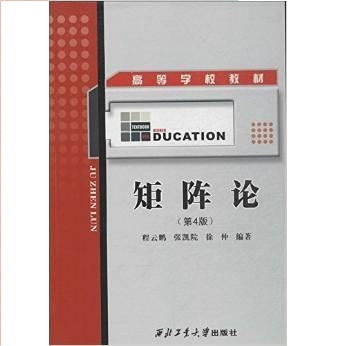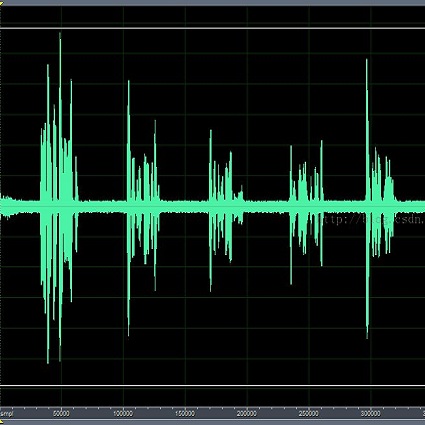Rank-constrained spatial covariance matrix estimation (RCSCME) is a method for the situation that the directional target speech and the diffuse noise are mixed. In conventional RCSCME, independent low-rank matrix analysis (ILRMA) is used as the preprocessing method. We propose RCSCME using independent deeply learned matrix analysis (IDLMA), which is a supervised extension of ILRMA. In this method, IDLMA requires deep neural networks (DNNs) to separate the target speech and the noise. We use Denoiser, which is a single-channel speech enhancement DNN, in IDLMA to estimate not only the target speech but also the noise. We also propose noise self-supervised RCSCME, in which we estimate the noise-only time intervals using the output of Denoiser and design the prior distribution of the noise spatial covariance matrix for RCSCME. We confirm that the proposed methods outperform the conventional methods under several noise conditions.
翻译:在常规的RCSCME中,使用独立的低级别矩阵分析作为预处理方法。我们建议使用独立深入学习的矩阵分析(IDLMA)来进行RCSCME。在这个方法中,IDLMA需要深神经网络(DNN)来区分目标演讲和噪音。我们使用Denoiser(DNN)来估算目标演讲和噪音。我们还提议使用噪音自我监督的RCSCME(RCSCME)来估算噪音,其中我们用Denoiser的输出来估计噪音只隔时间隔,并设计RSCME噪音空间变化矩阵的预先分布。我们确认,所提议的方法在若干噪音条件下超过了常规方法。





